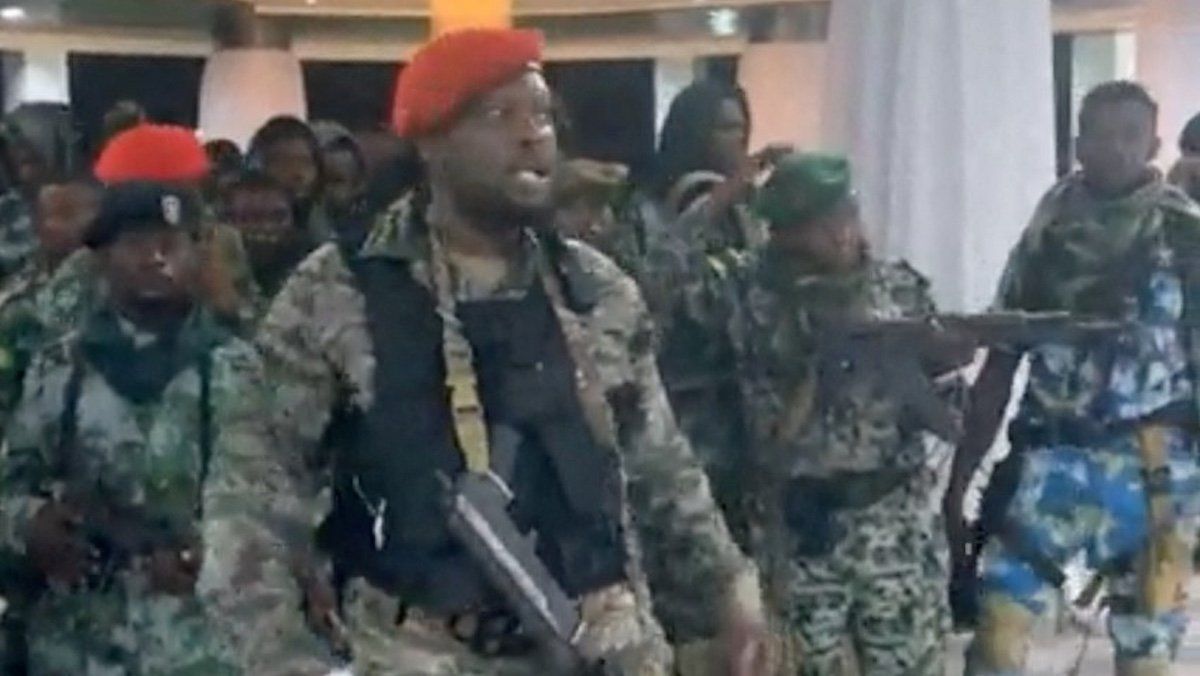3: Three people are reportedly dead after Congolese authorities crushed what they described as an attempted coup early Sunday. Opposition figures decried the Democratic Republic of Congo’s election late last year as rigged, and the country faces severe problems with rebels — some allegedly backed by Rwanda — in its eastern provinces. Read more about its accusations against Rwanda here.
12: The UN says only 12% of the funds it has requested for aid in Sudan have been fulfilled, a sign that the international community is largely ignoring the atrocities being committed in Darfur and across the country, as well as the looming famine. Approximately 1,000 people a day cross the border to seek shelter in teeming refugee camps in Chad.
41.5 billion: Beijing will set aside some $41.5 billion to fund state purchases of unsold homes in what amounts to a direct injection of capital into the struggling and overleveraged property sector, which is dragging down China’s economic prospects. The plan is to eventually take ownership of these properties and use them as social housing, but authorities recognized even this massive cash bailout might not be enough to staunch the bleeding and said they may end up expanding the program to over $69 billion.
Dozens: Groundskeepers have removed
dozens of cannabis plants that had sprouted among the tulips in the garden of the Wisconsin State Capitol. Recreational cannabis use and cultivation is still illegal in the Badger State, and a University of Wisconsin botanist told the AP the sheer number involved suggested that someone planted them deliberately.
